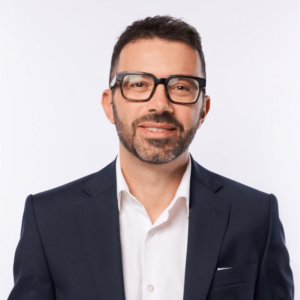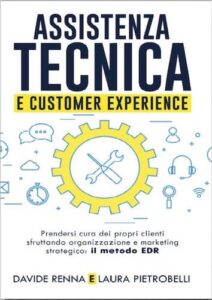In recent years, the term “work-life balance” has become increasingly common, as if work and personal life were two perfectly divisible entities that need to be balanced to create a harmonious equilibrium.
This topic has been widely studied, leading to the development of various social theories that explore the relationship between work and family life. Boundary Theory and Border Theory are two foundational concepts researchers use to examine these role conflicts. In the two decades since these theories were first proposed, advancements in information and communication technology (ICT) have drastically altered the interface between work and personal life. Today, work, at least for those jobs that can be digitally transformed, can be completed anytime and anywhere, which often results in boundaries that barely exist.
But is it truly possible to completely separate these two aspects? Some people attempt to do so, treating work as a distinct sphere isolated from their passions, interests, and personal values. However, adopting an approach that sharply divides professional and personal spheres often leads to mediocre results, if not a sense of misalignment that, over time, can undermine one’s satisfaction and motivation.
The Importance of Aligning Values and Visions Between Personal and Professional Life
In our personal lives, we’re naturally drawn to people who share our visions, interests, and values. The same principle applies to professional life: building a network of contacts and partners who reflect our worldview helps achieve more meaningful and lasting goals.
I delve deeper into this idea in this article. Whether it’s friends, communities we engage with, or the professionals we choose to collaborate with, maintaining integrity in values across both spheres allows for stronger and more authentic relationships.
When work and personal life are too distant in terms of values and goals, an unsustainable dichotomy often arises: one might approach work with a detached attitude, treating it as a mere obligation, or live their personal life superficially, leaving important parts of themselves behind. This disconnect can impact the quality of work and commitment, leading to unsatisfactory or short-lived results. I am deeply convinced that separating professional life from personal life, adopting two opposing approaches, can only lead to subpar or, at best, short-lived outcomes.
Alignment as The Key
Aligning private and professional life doesn’t mean making one’s career the sole focus of life, but rather finding coherence between who we are and what we do. Using opposite approaches for work and personal life can create inevitable tension.
On the other hand, those who manage to maintain consistency in their values across both spheres often discover a natural balance, leading to better relationships, greater satisfaction, and more solid, long-term results.
Suggested Reading
This topic has been explored by marketers, philosophers, and psychologists, offering various perspectives worth exploring. When a topic offers such a broad range of interpretations and insights, my advice is to dive deeper, test, and experiment to see what works for you.
While some seek a strict separation between personal and professional spheres, others manage to blend the two successfully.
For those interested in exploring this topic further, here are several books on integrating personal and professional life:
- “Start with Why” by Simon Sinek – This book reminds us of the importance of finding our “why” — the motivation that drives us and gives profound meaning to our choices, both personal and professional. Why do we do what we do? If we know our goals and values, we can seek the same in others.
- “The Infinite Game” by Simon Sinek – Another book by Sinek, useful for reflecting on approaching work and professional relationships as a long-term endeavor rather than a series of short-term objectives. Though written years ago, it’s still highly relevant.
- “Dare to Lead” by Brené Brown – A book that explores the importance of vulnerability and authenticity in professional settings, encouraging a work approach more aligned with one’s values.
- “Essentialism: The Disciplined Pursuit of Less” by Greg McKeown – CEO of a leadership and strategy agency in Silicon Valley, with courses taught at Apple, Google, and Facebook. This work helps focus on what’s essential for oneself, allowing for balance without sacrificing what truly matters.
These books offer interesting perspectives, covering the topic in depth, with diverse insights and, above all, important invitations to reflect and take action.
What do you think? Are you able to separate your personal and professional lives clearly? I’d love to hear about your experience – feel free to write me or connect with me here on LinkedIn.











